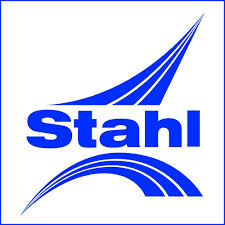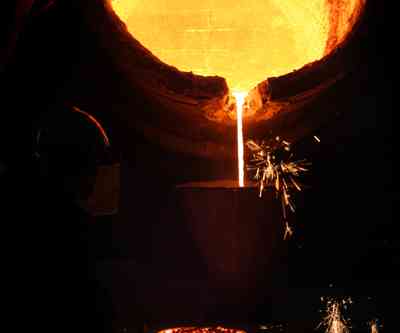 The German Steel Federation (WV Stahl) welcomes the fact that, with its Action Plan, the European Commission has recognised the central importance of the steel industry for prosperity and employment. At the same time, WV Stahl is disappointed and concerned about this initiative by the Brussels’ authorities. “The Plan contains intervention points for ensuring the competitiveness of the steel industry, e.g. in the area of research and development,” according to Hans Jürgen Kerkhoff, President of the German Steel Federation in Düsseldorf. “But, unfortunately, there is a lack of concrete information on how and when political burdens resulting from Europe’s energy and climate policies are to be dismantled. Statements on the shape of the emission rights trading scheme after 2020 remain vague.”
The German Steel Federation (WV Stahl) welcomes the fact that, with its Action Plan, the European Commission has recognised the central importance of the steel industry for prosperity and employment. At the same time, WV Stahl is disappointed and concerned about this initiative by the Brussels’ authorities. “The Plan contains intervention points for ensuring the competitiveness of the steel industry, e.g. in the area of research and development,” according to Hans Jürgen Kerkhoff, President of the German Steel Federation in Düsseldorf. “But, unfortunately, there is a lack of concrete information on how and when political burdens resulting from Europe’s energy and climate policies are to be dismantled. Statements on the shape of the emission rights trading scheme after 2020 remain vague.”
The steel industry in Germany is also particularly concerned that the Action Plan contains no clear acknowledgement regarding undistorted competition on the internal EU market: “Some formulations give the impression that the problem of excessive steel capacities in Europe should be solved using interventionist instruments,” fears the Federation’s President. In fact, however, in a market economy it is companies themselves that individually, and in competition, decide what capacities could permanently assert themselves on the market.

“Experience in the past has shown that, particularly in the steel industry, there is a danger that unprofitable capacities are kept on the market by means of state subsidies,” Kerkhoff points out. Ultimately, this would then also threaten strongly competitive structures in the steel and industrial location of Germany that are fundamentally better prepared for the upcoming market shake-out than many of their European competitors. The effective capacity utilisation of the steel industry in Germany is currently 85 per cent – considerably higher than the EU average (71 per cent) – in part because the companies here are particularly closely integrated in powerful industrial value-creation and innovation networks.
“We have clear expectations of the European Commission: there must be no distortion of competition as a result of state aid,” the Federation’s President emphasises. Moreover, the Plan’s fundamental acknowledgement of the value of increasing the competitiveness of the steel industry must now be concretised – because the steel industry in Europe will play an important role in achieving the EU’s stated aim of increasing industry’s contribution to European gross value creation to 20 per cent by 2020.
A prerequisite for this, however, is a political framework upon which industry can rely and identical international competitive conditions. The Action Plan presented today represents a first step towards this: “Further and more concrete steps to dismantle particular political burdens that competitors outside Europe do not have to face must now follow,” cautioned Kerkhoff. In addition, national and European energy policies must be better co-ordinated. “In the increasingly intensive competition on the European steel market unilateral national initiatives that lead to higher energy costs pose an even greater threat to the steel and industrial location of Germany.”
